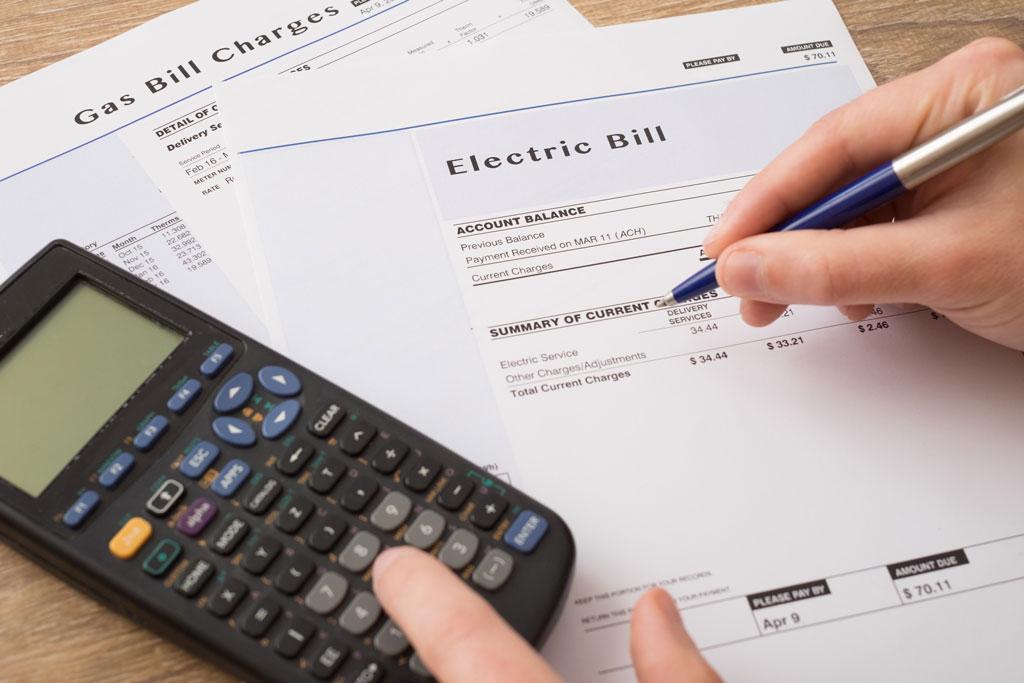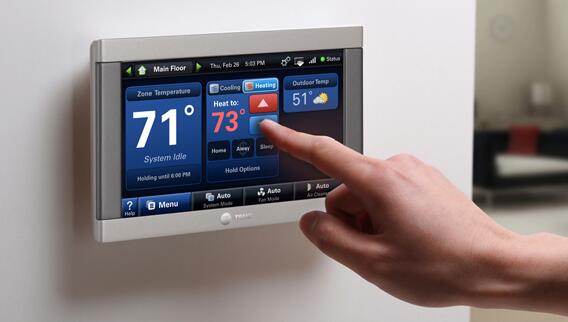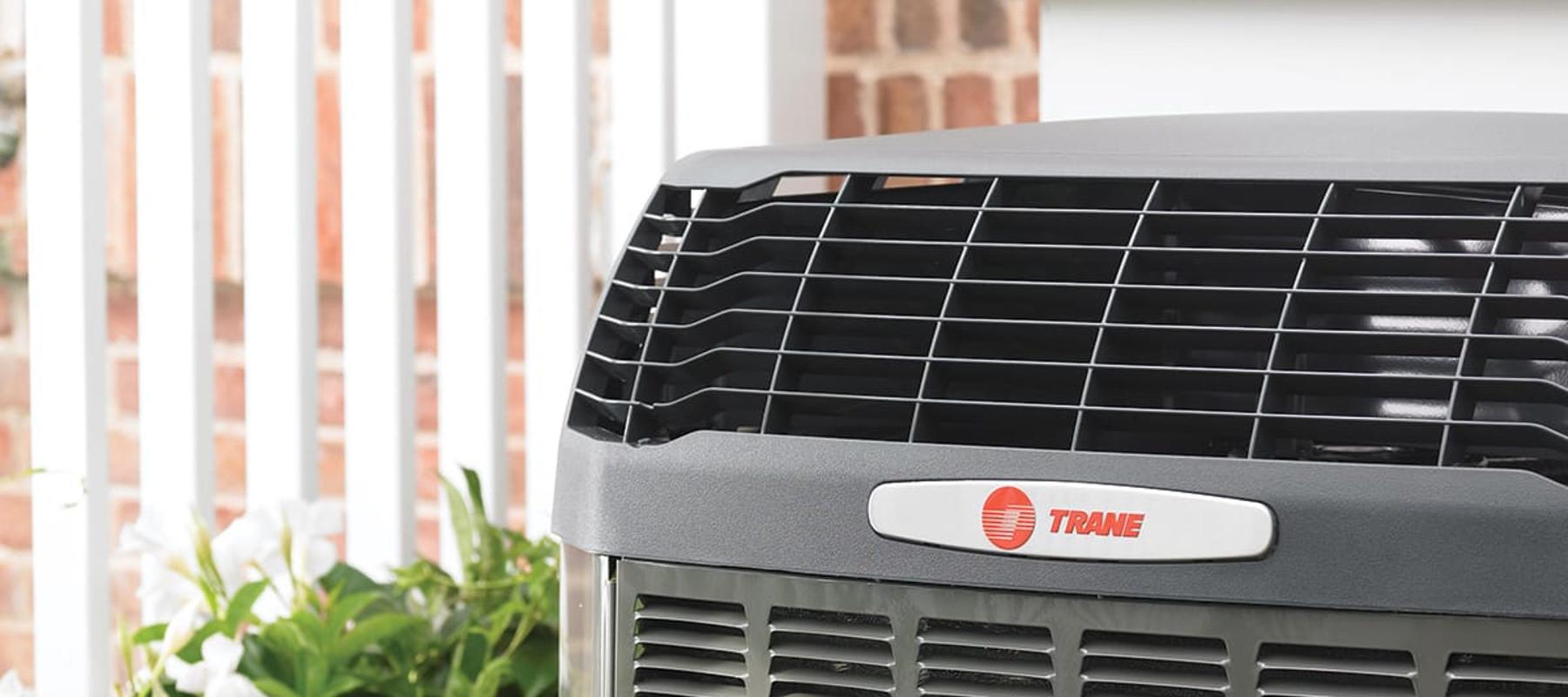Want to save with Paschal? Don’t miss our current offers and specials

Want to save with Paschal? Don’t miss our current offers and specials
Return to Paschal Resource & Education Hub

Electric bills tend to peak in the summer months, but what exactly causes that spike—and more importantly, what can you do to control it without sacrificing comfort?
In this guide, we’ll break down the real reasons your electric bill climbs in warmer weather, the biggest factors driving up usage, and what you can do to bring costs down effectively.
According to the U.S. Energy Information Administration (EIA), air conditioning makes up about 12% of total home energy use on average. In hotter regions, that number can skyrocket during peak months like July and August.
Your central AC draws significant power, and when outdoor temperatures soar into the 90s or higher, it runs longer and harder to keep your home cool.
The hotter it is outside, the more work your HVAC system has to do to remove heat from your home. Even efficient AC units become costly when they operate nonstop during a heatwave.
Humidity adds to the strain. To maintain both temperature and comfort, your system needs to work harder, increasing energy usage.
Many utilities raise rates during high-demand periods. That means even if you use the same amount of electricity, your bill may be higher in July, August, or September compared to spring or fall.
Check your provider’s seasonal rate structure or look into time-of-use billing to understand how pricing changes based on demand.
Kids home from school, more devices in use, longer daylight hours with lights on, and energy-hungry appliances like washers, dryers, and pool pumps all contribute to higher consumption.
These small sources add up quickly and can lead to unexpected bill increases.
Here are proven tips to cut cooling costs and reduce your overall electric usage—from small adjustments to smart upgrades.

Devices like Nest or Ecobee automatically adjust your cooling schedule based on your habits and outdoor weather.
According to the U.S. Department of Energy, smart thermostats can reduce cooling costs by 10% or more annually.
Routine maintenance improves performance and helps catch small issues before they become costly problems. Dirty filters, worn components, and low refrigerant levels can all cause higher energy use.
Seasonal HVAC tune-ups from licensed pros can restore efficiency and extend system life.
Homes lose cooled air through leaks and poor insulation. Sealing cracks around windows, doors, and ducts can make a significant difference.
Use the ENERGY STAR Home Sealing Guide to pinpoint trouble areas and plan improvements.

If your system is 10+ years old, it may be rated at just 10 or 13 SEER. Today’s units reach 16 to 20+ SEER, using much less energy for the same cooling.
Paschal offers free estimates and seasonal specials, including complete systems starting at $7,999 in select areas.
If your utility uses time-of-use billing, you can save money by running major appliances during off-peak hours (typically evenings or early mornings).
Smart plugs or timers can automate laundry, dishwashing, or EV charging to take advantage of lower rates.
Watch this video for more smart tips:
Avoid using ovens, stoves, or dryers during the hottest part of the day (noon to 6 PM)
Install blackout curtains or reflective shades on west-facing windows
Use ceiling fans to create a cooling effect; this allows you to raise the thermostat setting by a few degrees
When is the highest electric bill of the year?
For most U.S. homes, the highest electric bills happen in July or August when AC use peaks and utility rates are often elevated.
How much does air conditioning impact your electric bill?
In peak months, central AC can account for 50% or more of your total electric bill.
What are the fastest ways to lower a high summer bill?
Install a smart thermostat, close blinds during the day, and schedule professional AC maintenance for immediate impact.
Does upgrading my HVAC system save money?
Yes. A high-efficiency system with a SEER rating of 16+ can reduce your cooling costs by 20% to 40%, especially if your current system is outdated.
If you want to stay cool without overpaying, Paschal can help with smart energy-saving upgrades:
High-efficiency AC installation
Seasonal maintenance plans
Smart thermostat setup
Whole-home energy assessments
Plus, with a SmartGuard Membership, you can take control even further. Our members get remote system monitoring and real-time alerts to help keep an eye on energy usage before small spikes turn into big bills. You’ll also enjoy priority scheduling, discounts on repairs, and regular tune-ups—so your home stays efficient all year long.